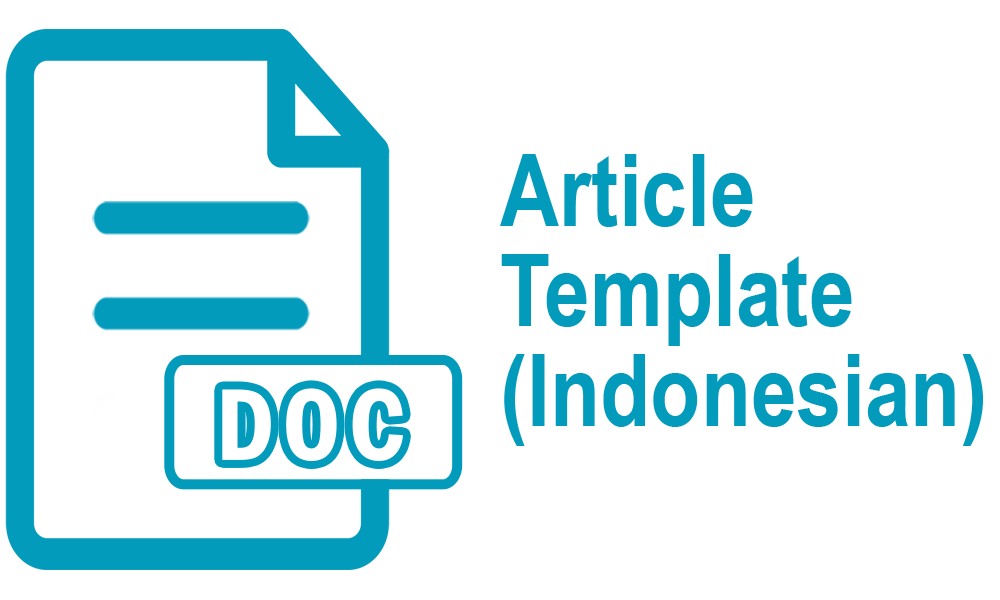From Equivalence to Function: Pragmatic Approaches to Faithful Translation
Abstract
The concept of fidelity in translation has long been dominated by the pursuit of equivalence, whether formal, dynamic, or functional. However, recent developments in translation studies suggest that this paradigm may be insufficient to address the complexities of meaning, intention, and cultural context. This article argues for a reconceptualization of faithful translation through a pragmatic lens, emphasizing communicative purpose, contextual appropriateness, and cultural resonance over rigid equivalence. Drawing from theories such as Skopos Theory, Relevance Theory, and speech act pragmatics, the study explores how pragmatic considerations shape faithful translation as an interpretive and purpose-driven act. By analyzing examples from literary, legal, and intercultural translation scenarios, the article demonstrates how function-oriented approaches better accommodate nuanced intentions and audience expectations. This shift from equivalence to function does not imply a betrayal of the source text but rather a redefinition of fidelity as a dynamic negotiation of meaning across cultural and linguistic boundaries. The paper concludes by proposing a model of pragmatic fidelity that integrates context-sensitive strategies and ethical responsibility, offering a more adaptable and communicatively effective framework for modern translation practice.
Full Text:
PDFReferences
Austin, J. L. (1962). How to do things with words. Oxford University Press.
Baker, M. (2018). In other words: A coursebook on translation (3rd ed.). Routledge.
Catford, J. C. (1965). A linguistic theory of translation: An essay in applied linguistics. Oxford
Chesterman, A. (2001). Proposal for a Hieronymic oath. The Translator, 7(2), 139–154.
Grice, H. P. (1975). Logic and conversation. In P. Cole & J. Morgan (Eds.), Syntax and semantics (Vol. 3, pp. 41–58). Academic Press.
Gutt, E.-A. (1991). Translation and relevance: Cognition and context. Basil Blackwell.
Hatim, B., & Mason, I. (1990). Discourse and the translator. Longman.
House, J. (1977). A model for translation quality assessment. Gunter Narr Verlag.
Newmark, P. (1988). A textbook of translation. Prentice Hall.
Nida, E. A. (1964). Toward a science of translating. E. J. Brill.
Nida, E. A., & Taber, C. R. (1969). The theory and practice of translation. E. J. Brill.
Nord, C. (1997). Translating as a purposeful activity: Functionalist approaches explained. St. Jerome Publishing.
Pym, A. (2010). Exploring translation theories. Routledge.
Schäffner, C. (2012). Skopos theory. In Y. Gambier & L. van Doorslaer (Eds.), Handbook of translation studies (Vol. 1, pp. 235–238). John Benjamins.
Searle, J. R. (1969). Speech acts: An essay in the philosophy of language. Cambridge University Press.
Simon, S. (1996). Gender in translation: Cultural identity and the politics of transmission. Routledge.
Soemarsono, M. (2002). Bahasa hukum dan peristilahan hukum dalam perundang-undangan. Pustaka Sinar Harapan.
Sperber, D., & Wilson, D. (1995). Relevance: Communication and cognition (2nd ed.). Blackwell.
Toury, G. (1995). Descriptive translation studies and beyond. John Benjamins.
Venuti, L. (1995). The translator’s invisibility: A history of translation. Routledge.
Vermeer, H. J. (1989). Skopos and commission in translational action. In A. Chesterman (Ed.), Readings in translation theory (pp. 173–187). Finn Lectura.
Vermeer, H. J. (1989). Skopos and commission in translational action. In A. Chesterman (Ed.), Readings in translation theory (pp. 173–187). Finn Lectura.
DOI: http://dx.doi.org/10.30872/jbssb.v9i3.21586
Refbacks
- There are currently no refbacks.
Copyright (c) 2025 Jepri Jepri
Editorial address:
Fakultas Ilmu Budaya, Universitas Mulawarman
Jl. Ki Hajar Dewantara, Gunung Kelua, Kec. Samarinda Ulu, Kota Samarinda, Kalimantan Timur, Indonesia 75123
Email: jurnalilmubudaya.fibunmul@gmail.com
Website: http://e-journals.unmul.ac.id/index.php/JBSSB
Ilmu Budaya: Jurnal Bahasa, Sastra, Seni, dan Budaya is licensed under a Creative Commons Attribution-ShareAlike 4.0 International License






